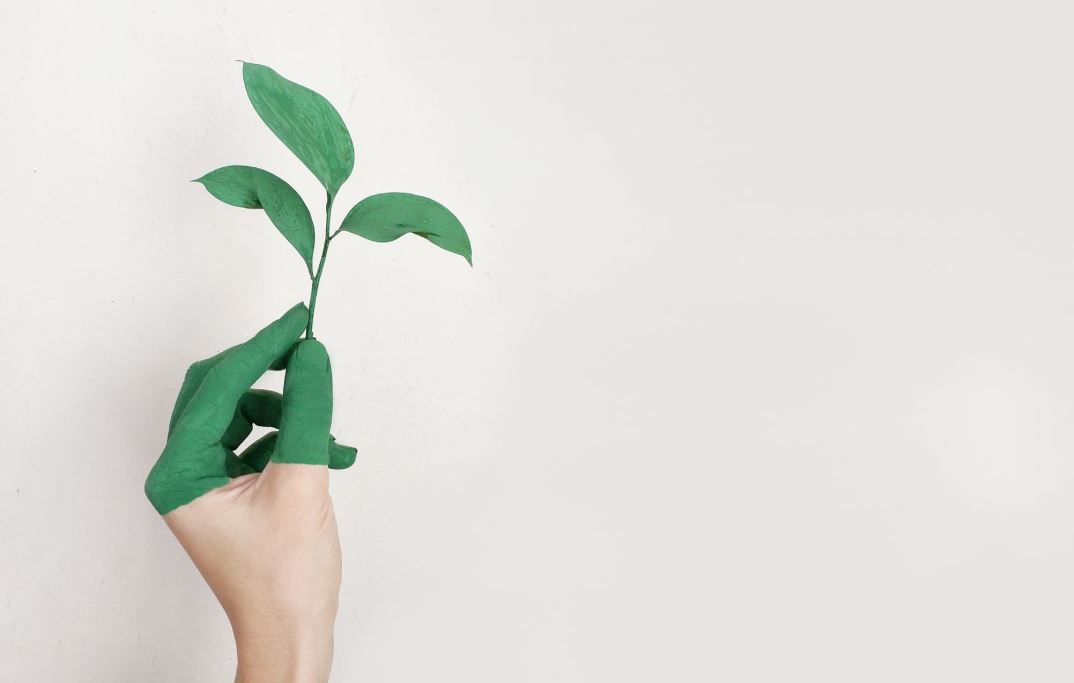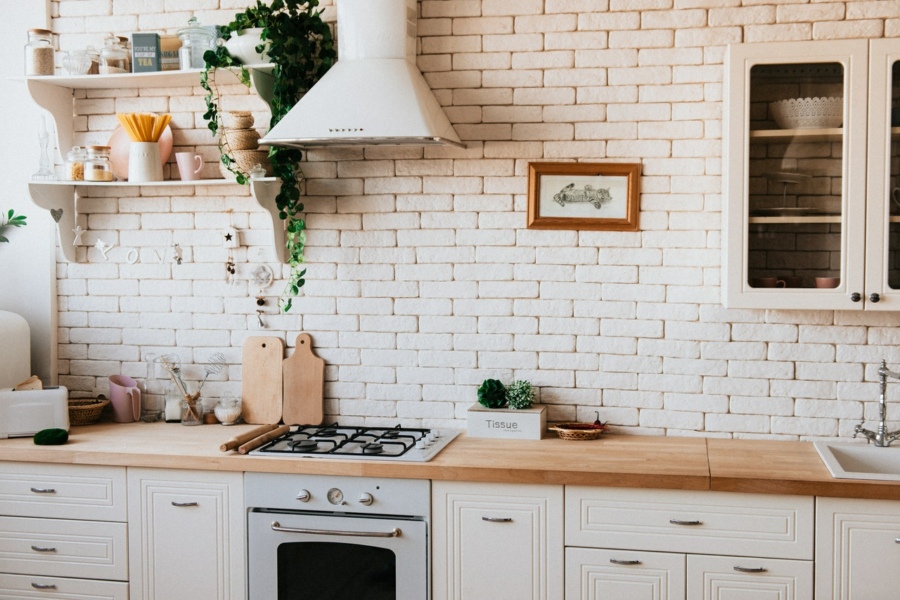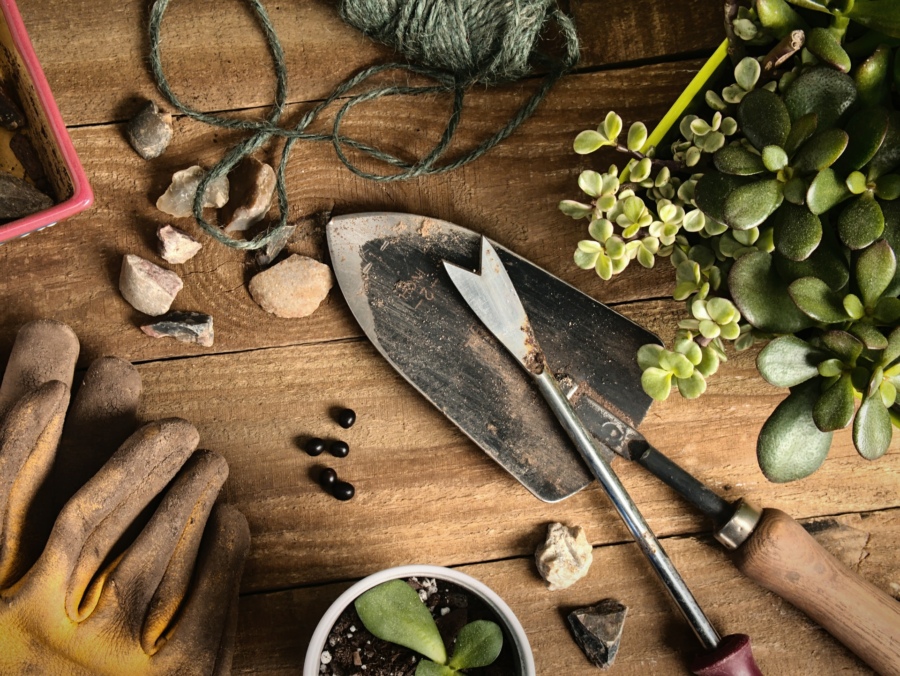Sustainable living has become an important feature of everyday life. The actions people take in their homes and businesses can have a significant impact on the amount of energy used and the amount of waste that is produced. Here are four ways you can step up your game to make your household more eco-friendly.
Step up Your Recycling
Get the flyer from your municipality’s recycler to learn the full list of materials they can handle. Make sure family members know which materials can be recycled and provide bins in convenient areas of the home to collect these items. Do your own recycling of glass jars for craft items and hardware containers, and cut down plastic items for re-use for household tasks. You can even pierce empty water bottles and bury them in the ground near your plants to create a drip irrigation system.
Limit Pesticide & Herbicide Use
Only use pesticides and herbicides when necessary, and opt for “greener,” non-polluting options when available. You can use simple household compounds to do much of the same work that toxic pesticides and herbicides do. For example, carefully pouring white vinegar on weeds will cause it to die. Boric acid powder or diatomaceous earth can be used as insecticides that don’t add toxin to the environment.
Re-Use Your Greywater
Greywater is the water that has already been used for a minor cleaning operation, such as in a sink, shower, bathtub or washing machine. This water may have traces of dirt, oil, soap or hair in it that makes it unsuitable for consumption, but it can still be used for some purposes. Your greywater system helps you reuse the water your household produces to do things like water your garden or landscape plants. However, you should always remember to avoid contact with greywater and prevent runoff that could contaminate nearby waterways.
Repair and Re-Purpose Household Items
Instead of buying new items for your home, make a few simple repairs or get creative to find ways to re-use them. Fixing up household items allow you to prevent filling up local landfills and help you develop new skills. Re-purposing allows you to use your creativity to find a “second use” for items like furniture, utensils and storage containers.
Actions to make your household more sustainable are easy to implement and will quickly become a matter of habit. The effects are cumulative, and each person’s actions can help to make a difference. If you educate family members about the importance of sustainability, you can make a difference for the planet, today and in the future.







